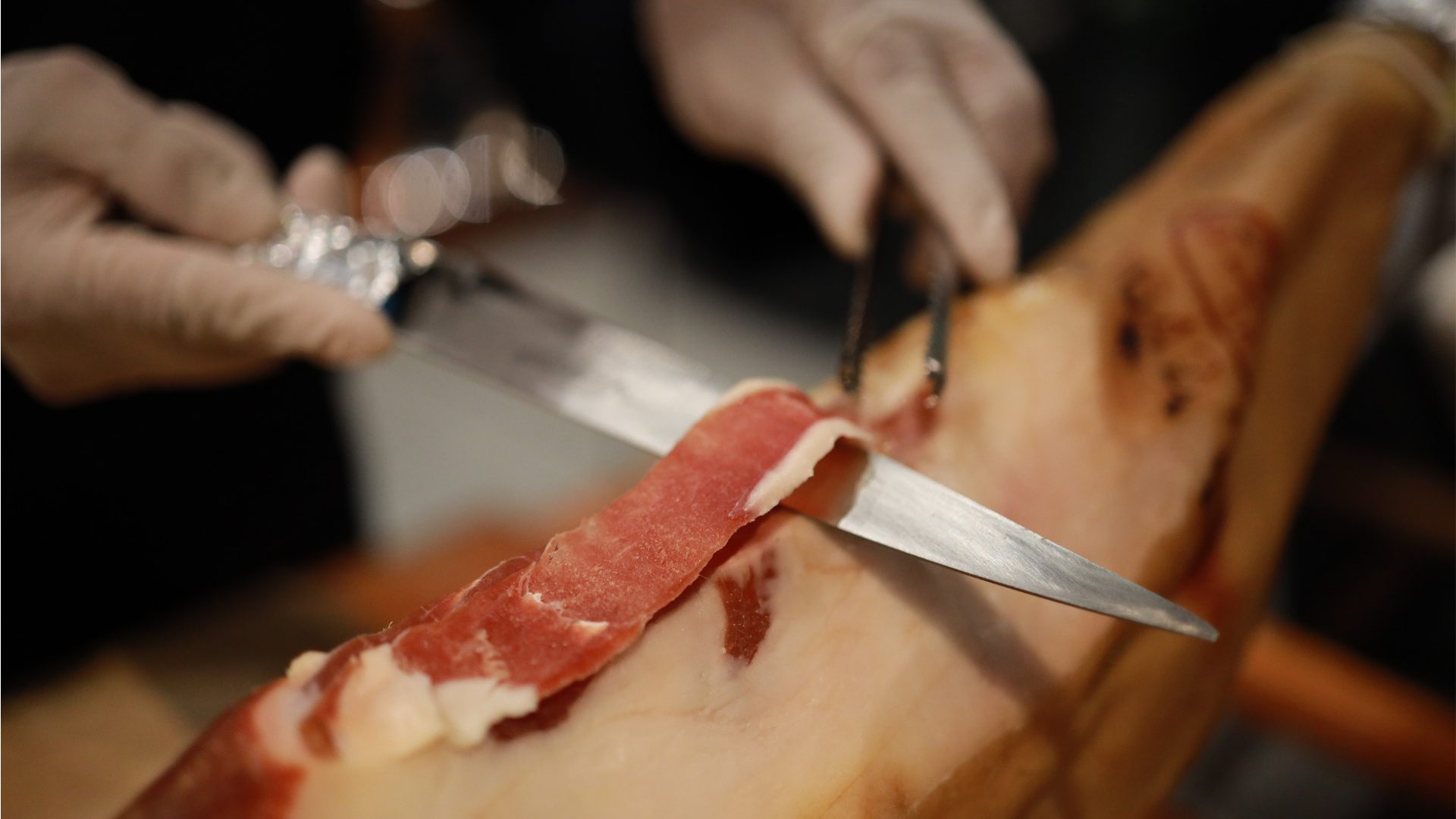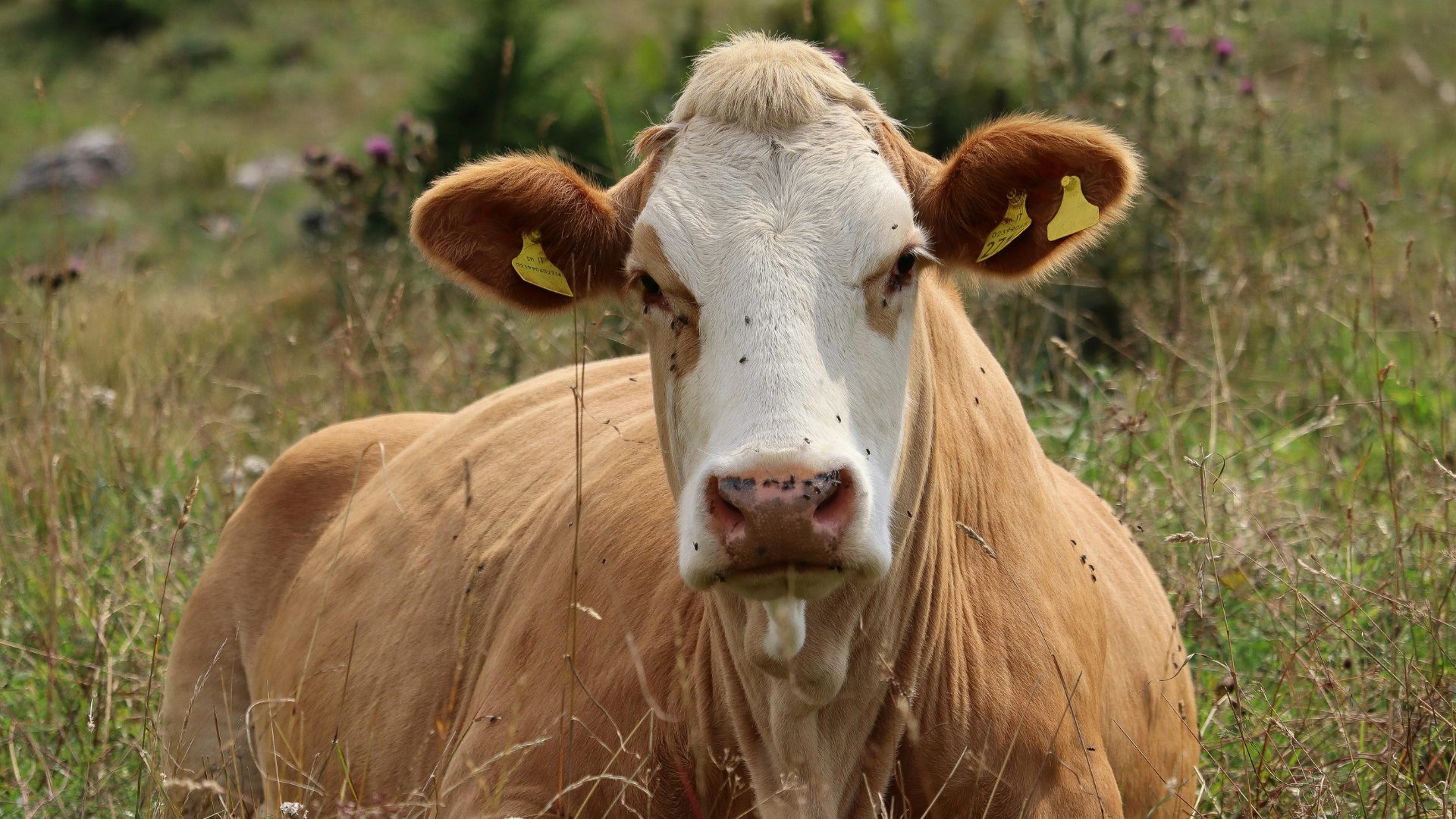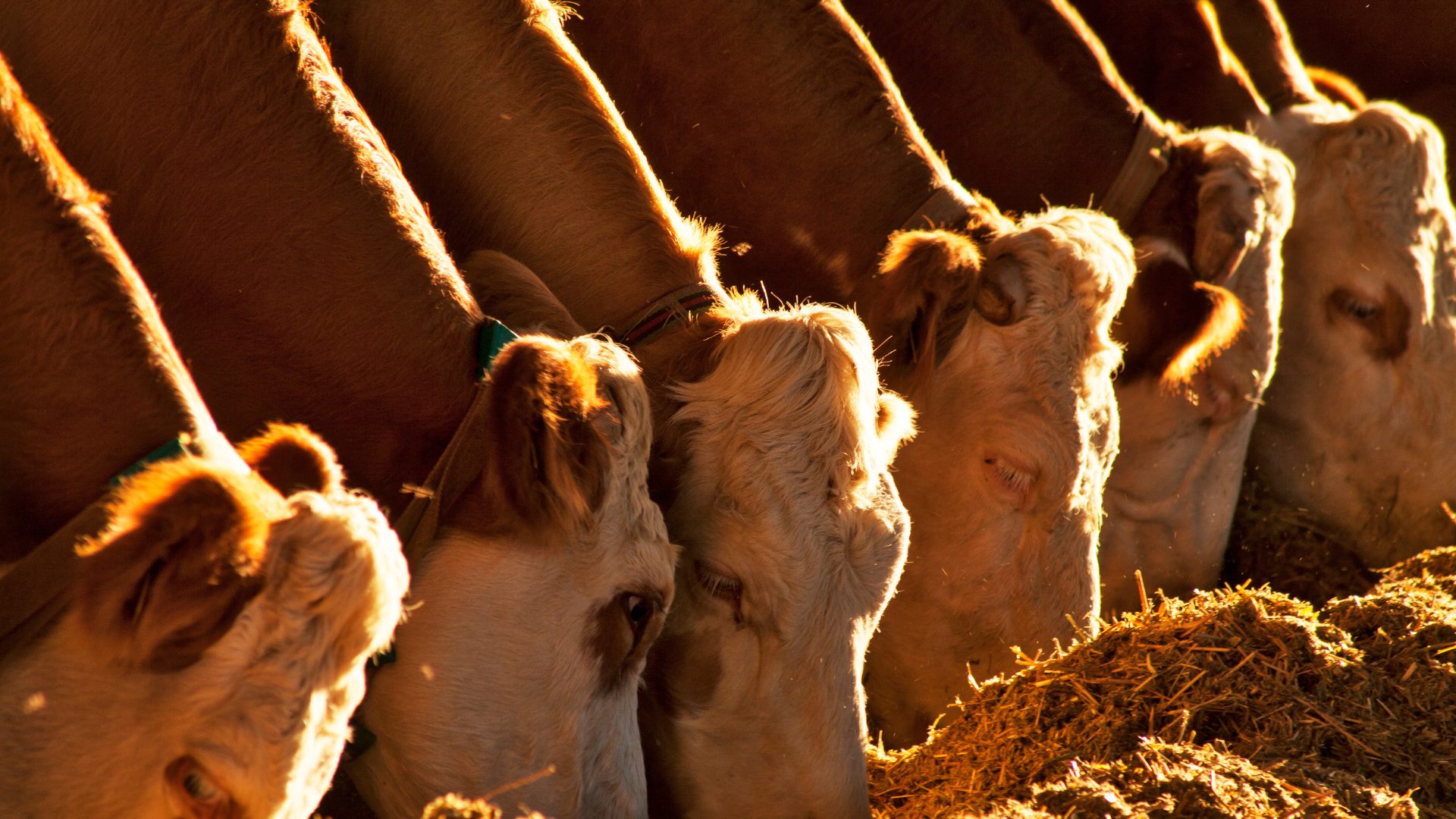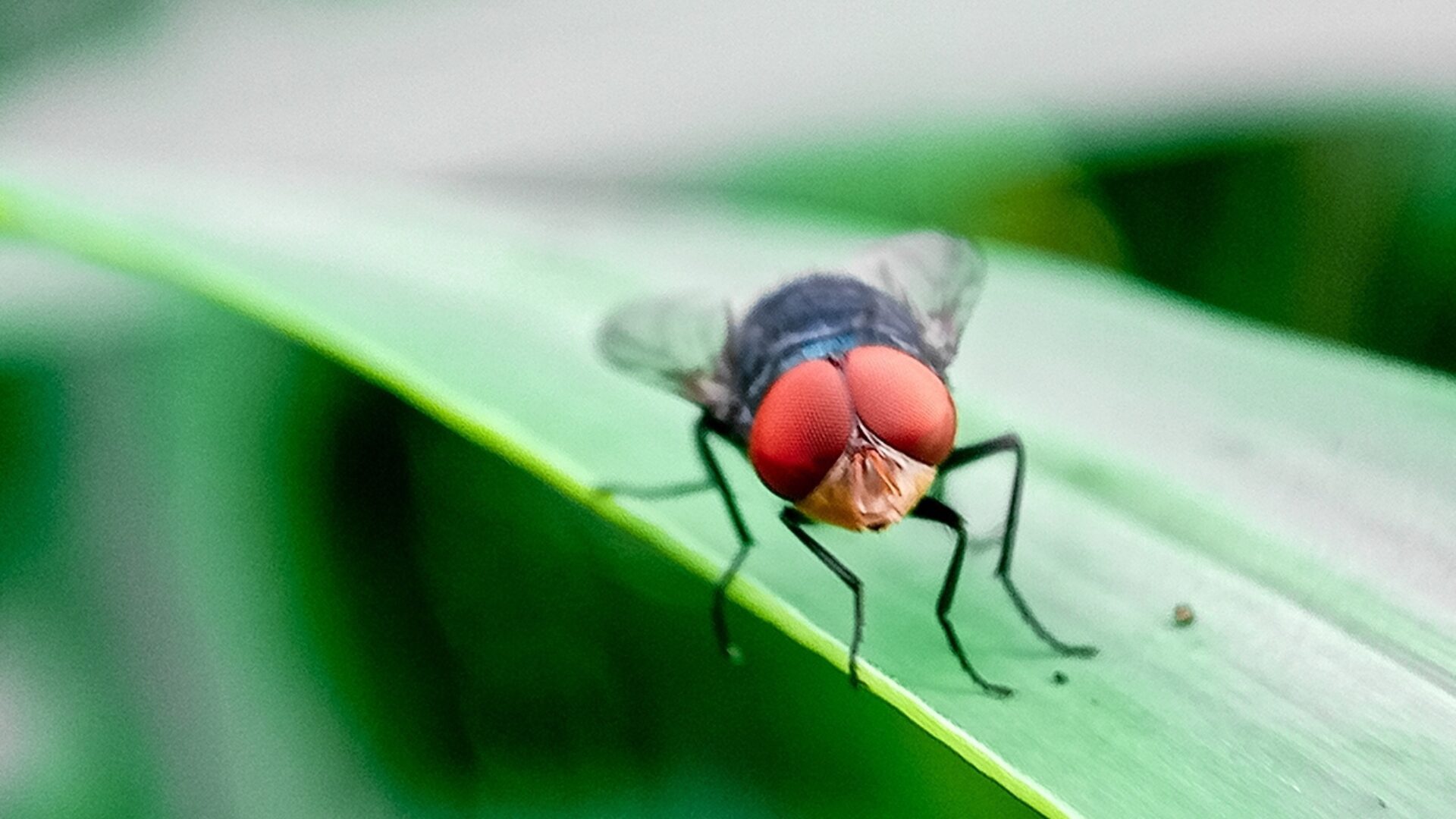With the confirmation that a third dairy worker recently contracted H5N1 avian influenza and evidence the virus has spread to cattle in at least nine states, the USDA is ramping up efforts to stem the outbreak and pharmaceutical firms are expanding the manufacture of bulk vaccines.
After the initial outbreak in Texas cattle, it took nearly two months before veterinarians realized what was sickening the animals, and only then because farm cats that died were tested for the virus, Scientific American reported. The report said farmers started realizing there was a problem in February when data indicated something was interfering with rumination and milk production.
What made the cattle infection unusual is that other mammals that have contracted the disease were carnivores that ate infected birds, Amy Swinford, director of the Texas A&M Veterinary Medical Diagnostic Laboratory, told Scientific American. Illnesses among dairy workers initially were presumed to be seasonal flu.
The Food and Drug Administration has estimated that as much as 20% of the milk supply now contains fragments of the virus.
The recently sickened farmworkers exhibited respiratory symptoms, making it possible the disease could start spreading human-to-human, The New York Times said, calling for a “robust national testing strategy.” So far, no human-to-human spread has been detected.
The Centers for Disease Control and Prevention has ordered 4.8 million vaccines and may order vaccination of farmworkers, The Guardian reported.
“Right now, there is nobody for whom vaccination is recommended,” David Boucher, director of infectious diseases preparedness and response at the Administration for Strategic Preparedness and Response, told The Guardian. “But that is obviously something we’re always looking for.”
Meanwhile, In other ag-related news:
China beef: Detection of a banned additive that increases animal weight prompted China to destroy shipments of JBS USA beef from the company’s Greeley, Colorado, processing plant, Reuters reported. The additive, ractopamine, is added to feed and has been banned in 160 countries but is legal in the U.S. despite efforts by environmentalists to ban the substance as a threat to human health.
JBS, headquartered in Brazil, is the world’s largest beef producer. The suspension was effective May 27. The company said it is working with Chinese authorities to resolve the situation.
Farm bill: The U.S. House Agriculture Committee recently advanced a $1.5 trillion farm bill without resolving partisan disputes concerning nutrition, agriculture and climate policies. The bill has the support of farm commodity groups but is opposed by environmental and hunger groups. It has virtually no chance of becoming law, Reuters reported.
Programs like the Supplemental Nutrition Assistance Program are operating under a one-year extension following the expiration of the 2018 farm bill last year. Only four Democrats supported the bill.
The Food Institute Podcast
Funding sources are drying up and inflation is making it harder and harder for higher-priced food brands to compete – what’s an early-stage food company to do? Dr. James Richardson, owner of Premium Growth Solutions and author of Ramping Your Brand, joined The Food Institute Podcast to discuss what types of food companies are succeeding under current industry dynamics.












